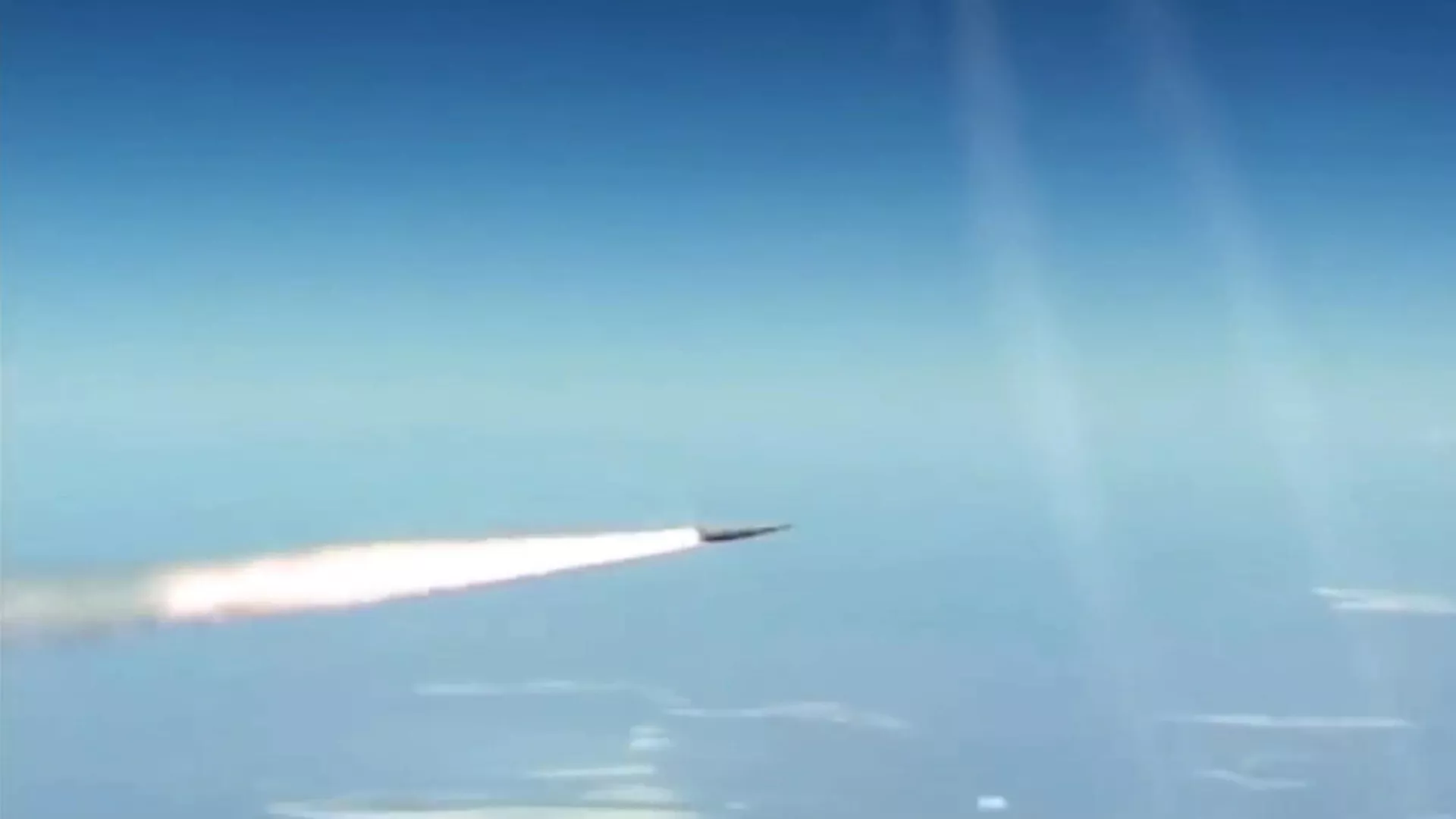
Russia May Deploy Medium, Short-Range Missiles in Asia if US Missiles Appear There
Russian Deputy Foreign Minister Sergei Ryabkov has not ruled out the deployment of medium- and shorter-range missiles in the Asia-Pacific region as a retaliatory measure against the United States.
“Of course, this is one of the options that has also been repeatedly mentioned. The appearance of such US systems in any region of the world will determine our next steps, including in the field of organizing a military and military-technical response,” Ryabkov told reporters, answering the question whether Russia is considering the possibility of deploying medium-range and short-range missiles in Asian countries.
The fate of Russia’s moratorium on the deployment of medium-range and short-range missiles depends entirely on the US policy, Russian Deputy Foreign Minister Sergey Ryabkov said on Monday.

“[Russian] President [Vladimir Putin] said what he said. The issue of placement is exhaustively reflected in his statement. As before, what is happening depends entirely on the choice that our opponents will make at this extremely alarming, very dangerous moment, and on the line that they will pursue,” Ryabkov told reporters.
When asked whether this meant that the fate of the moratorium depended on the actions of the United States, Ryabkov answered in the affirmative.
There are currently no restrictions on the deployment of Russia’s new Oreshnik medium-range ballistic missile under existing international obligations, the diplomat said.
At the same time, the 1998 memorandum of understanding between Russia and the United States on notifications of missile launches continues to be in effect, Ryabkov said, adding that it was within the framework of this document that Russia notified the United States of the test combat launch of the Oreshnik missile.
When asked if the US tried to contact Russia after the test launch, the diplomat said no.
US bases in Europe, including those where tactical nuclear weapons are deployed, are not excluded as potential targets for Russia in the event of a hypothetical military conflict, Ryabkov said.

